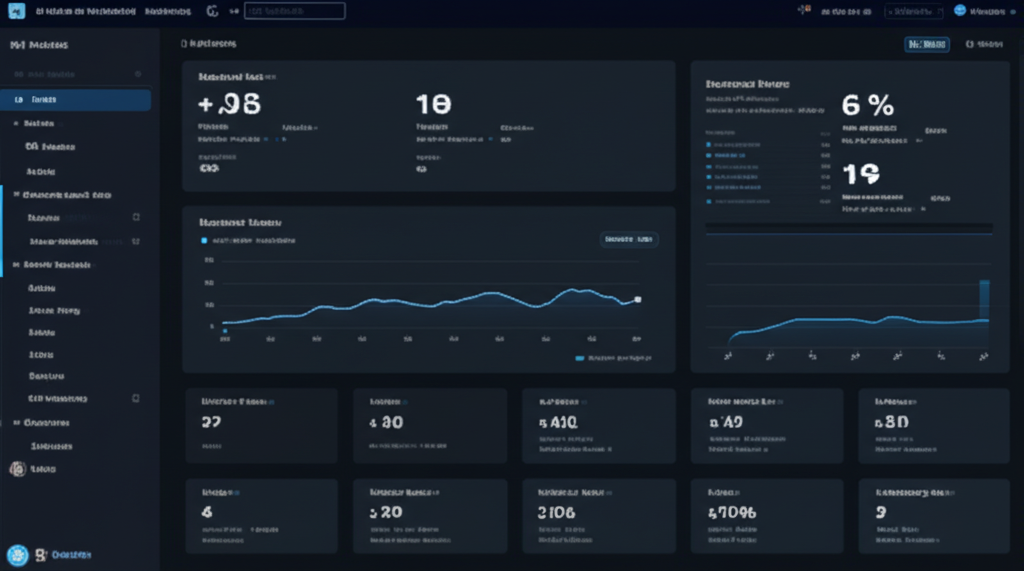The Complete Guide to AI Sales Coaching in 2025
Learn how AI is transforming sales coaching and how to implement it effectively in your organization.
Priya Sharma
Head of Sales Strategy, Voizor

Introduction
Sales coaching has undergone a dramatic transformation in recent years, with artificial intelligence emerging as a powerful tool for sales leaders. In 2025, AI-powered sales coaching is no longer a competitive advantage—it's becoming a necessity for teams that want to stay ahead.
This comprehensive guide explores how AI is revolutionizing sales coaching, the benefits it offers, and practical steps for implementing it in your organization.
What is AI Sales Coaching?
AI sales coaching uses artificial intelligence to analyze sales conversations, identify patterns, and provide personalized feedback to sales representatives. Unlike traditional coaching, which relies heavily on manager observation and feedback, AI coaching can:
- Analyze 100% of sales conversations
- Identify specific behaviors that lead to success
- Provide objective, data-driven feedback
- Scale coaching across large teams
- Deliver insights in real-time
Modern AI sales coaching platforms like Voizor Sales can record, transcribe, and analyze sales calls, providing insights that would be impossible for human coaches to deliver at scale.
The Benefits of AI Sales Coaching
1. Consistency
AI coaching ensures that every sales rep receives consistent feedback based on the same criteria. This eliminates the subjective nature of traditional coaching and creates a level playing field for all team members.
2. Scalability
Sales managers can only conduct a limited number of ride-alongs or call reviews. AI can analyze every single customer interaction, making coaching scalable even for large, distributed teams.
3. Data-Driven Insights
AI coaching provides objective, data-driven insights into what's working and what's not. This allows sales leaders to make informed decisions about training, process improvements, and strategy.
4. Continuous Improvement
With AI coaching, sales reps receive feedback after every interaction, creating a continuous improvement loop. This accelerates skill development and helps reps adapt quickly to changing market conditions.
5. Improved Performance
Organizations that implement AI coaching consistently report significant improvements in key performance metrics, including:
- 20-30% increase in close rates
- 15-40% increase in average deal size
- 25-50% reduction in ramp time for new hires
- Improved customer satisfaction scores
How to Implement AI Sales Coaching
1. Define Your Coaching Framework
Before implementing AI coaching, define what good looks like for your sales team. This includes:
- Key behaviors that drive success
- Critical stages in your sales process
- Messaging and positioning guidelines
- Objection handling best practices
2. Select the Right AI Coaching Platform
When evaluating AI coaching platforms, consider:
- Accuracy of speech recognition and analysis
- Customization options for your specific sales process
- Integration with your existing tech stack (CRM, dialer, etc.)
- User experience for both managers and reps
- Reporting and analytics capabilities
3. Prepare Your Team
Successful implementation requires buy-in from your sales team. Address concerns about privacy and surveillance by emphasizing that AI coaching is a development tool, not a monitoring system. Involve top performers in defining best practices to ensure the AI is coaching toward behaviors that work in your specific context.
4. Start with a Pilot
Begin with a small group of reps who are open to new technology. Use their feedback to refine your approach before rolling out to the entire team. This allows you to demonstrate success and build momentum.
5. Integrate AI Coaching into Your Existing Processes
AI coaching should complement, not replace, human coaching. Use AI insights to make your one-on-one coaching sessions more effective by focusing on specific areas for improvement identified by the AI.
Common Challenges and How to Overcome Them
Resistance from Sales Reps
Some reps may be uncomfortable with having their calls recorded and analyzed. Address this by:
- Emphasizing the development aspect of AI coaching
- Sharing success stories from early adopters
- Using AI insights to recognize and reward improvement
Information Overload
AI can generate a wealth of insights, which can be overwhelming. Focus on a few key metrics and behaviors at a time, and gradually expand as your team becomes more comfortable with the system.
Integration Challenges
Ensure your AI coaching platform integrates seamlessly with your existing tech stack to minimize disruption to your sales process.
The Future of AI Sales Coaching
As we look ahead, AI sales coaching will continue to evolve. Some emerging trends include:
- Real-time coaching during live calls
- Predictive analytics to forecast deal outcomes
- Personalized learning paths for each rep
- Integration with virtual reality for immersive training
Conclusion
AI sales coaching represents a paradigm shift in how organizations develop and support their sales teams. By providing consistent, scalable, and data-driven coaching, AI helps sales teams improve performance, reduce ramp time, and adapt quickly to changing market conditions.
Organizations that embrace AI coaching now will be well-positioned to outperform their competitors in the years ahead. The question is no longer whether to implement AI coaching, but how quickly you can get started.

Priya Sharma
Priya is the Head of Sales Strategy at Voizor with over 15 years of experience in sales leadership and coaching. She specializes in helping organizations leverage AI to transform their sales processes.
Ready to transform your sales coaching?
Discover how Voizor Sales can help your team improve performance with AI-powered coaching and insights.
Request a Demo